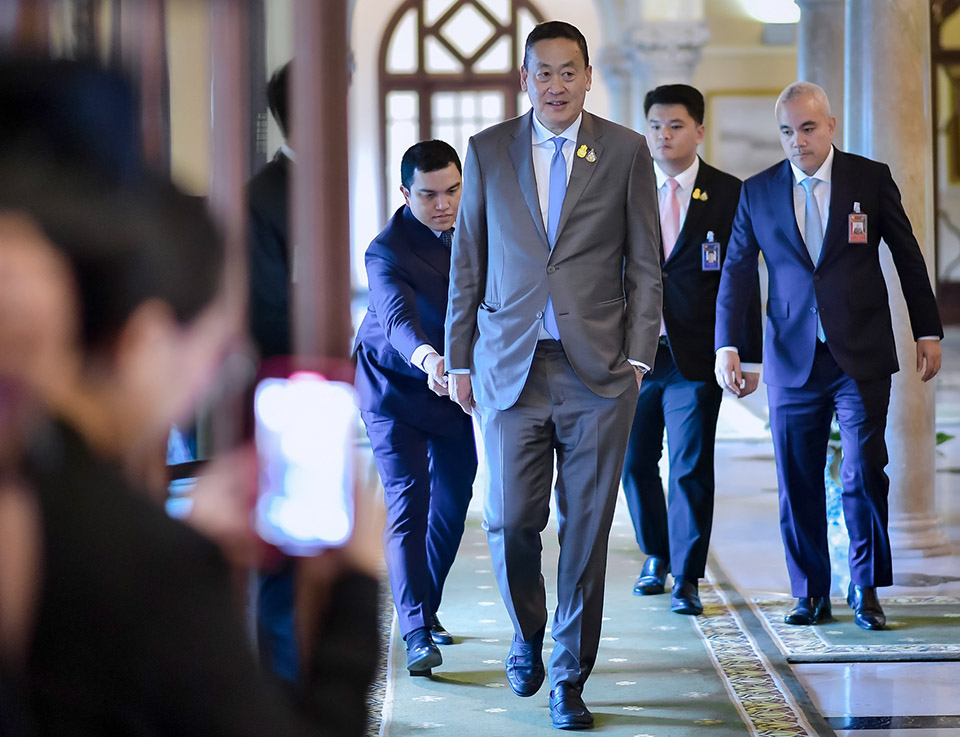
Prime Minister Srettha Thavisin has held past governments accountable for the nation’s poor performance in recent international educational assessments, as reflected in the latest OECD PISA test results. His newly formed government, in office for three months, is committed to revamping the Thai education system.
The downturn in Thai students’ scores, hitting a 20-year low, is part of a broader trend seen in several countries. Srettha stressed the need for systemic changes in education, particularly to reintegrate students displaced by the COVID-19 pandemic and to secure support from corporations.
Siripong Angkasakulkiat, vice minister of education, pointed out the pandemic’s influence on student learning, mainly due to the constraints of online education. He observed a significant disparity in performance between students in provincial schools and those in specialized science schools, indicating a need to adopt successful teaching methods across the country.
Education scholar Prof Sompong Jitradab urged immediate action in reforming education, especially in critical subjects such as English, mathematics, and science. He criticized the current curriculum’s focus and called for improvements in provincial schools to prevent student dropout due to issues like drug use and other illegal activities. (NNT)






